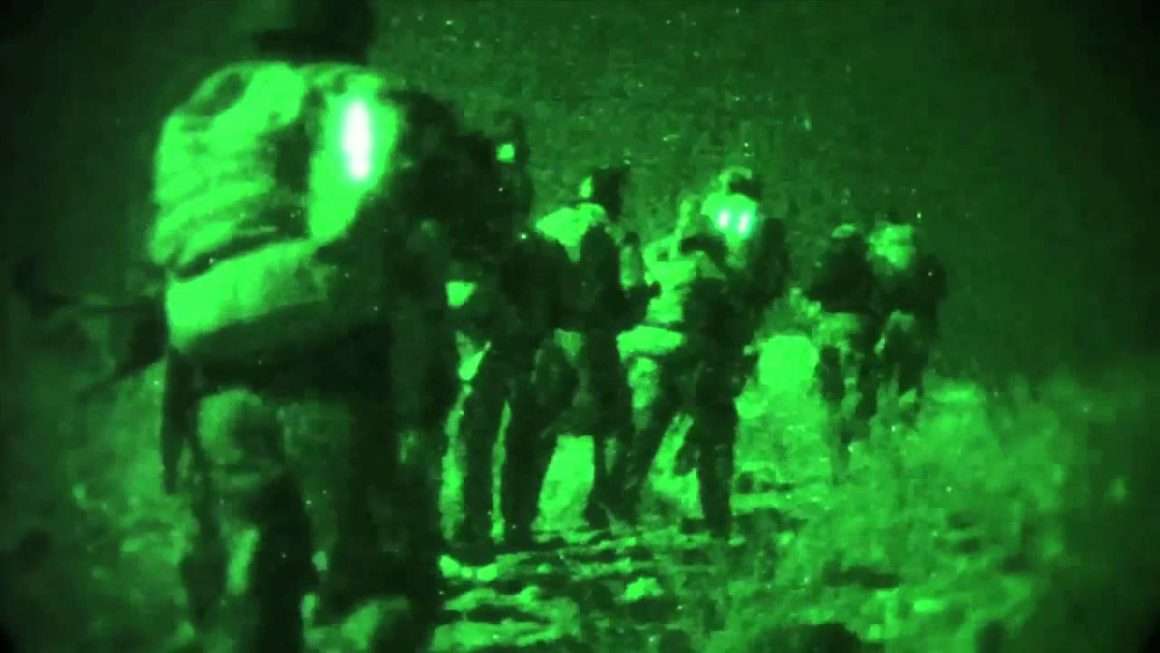By a contributor to Tjen Folket Media.
NRK has published a report that reveals new electronic surveillance developed and used by Norwegian and US intelligence. In Afghanistan, the surveillance is used in operations that in one year alone took more than 6000 lives. Norwegian authorities have refused to take responsibility. The case also teaches us quite a bit about the methods and tools that the intelligence services use.
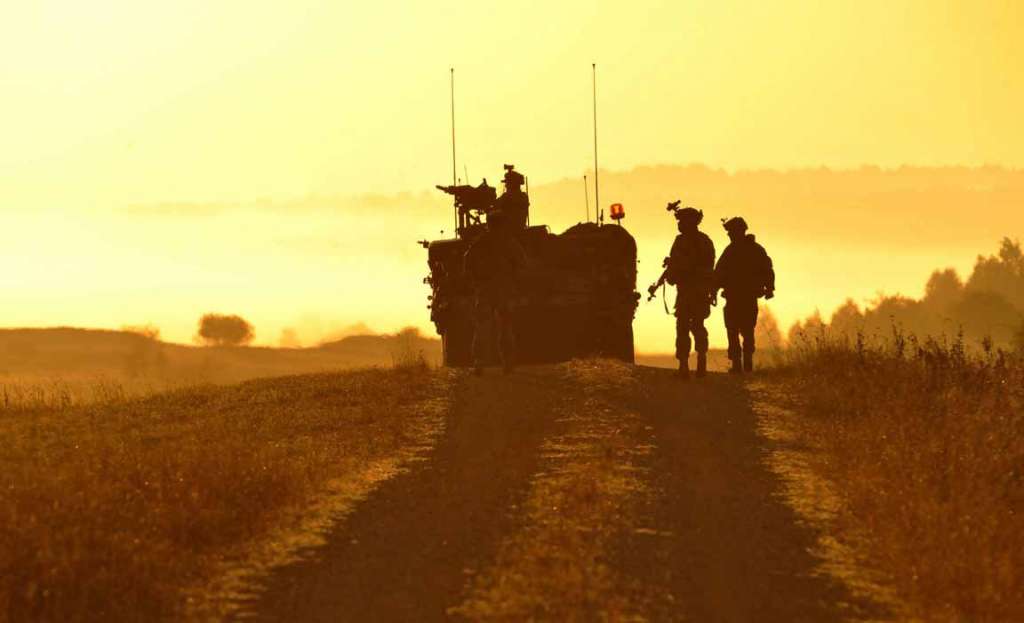
The total death toll is in the tens of thousands in so-called «capture/kill»-operations, where in 2011 six times as many were killed as were captured. The investigations have shown that many errors were made and that many killed were simply bystanders or innocent civilians. An official report to Parliament states that the main goal of Norwegian participation in the war in Afghanistan is to strengthen the alliance with the US, and that it has been a success. Meanwhile, it notes that the Taliban were stronger in 2016 than they had ever been since the invasion in 2001 and that there has been no success in establishing stability in the country.
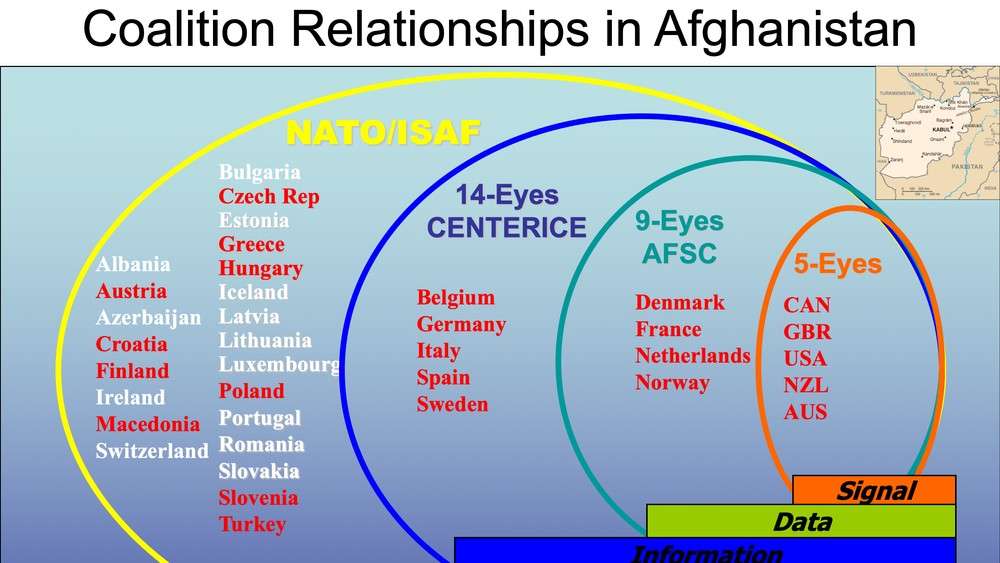
It is an important lesson that despite sophisticated modern intelligence, hit lists, and tens of thousands of assassinations, the world’s only superpower and its allies fail to defeat guerrillas in one of the world’s poorest countries.
Moreover, the NRK case describes with relatively great detail the modern technology for surveillance. We can on this basis conclude that mobile phones, computers, and radio communication have been the Achilles heel of those who fight against the US. The US could potentially surveil all such activity, and with the help of algorithms and other tools, they could map, pursue, and kill thousands of people. All such communication is in other words extremely risky in war.
NRK’s article:
Norway’s hidden war in Afghanistan
https://www.nrk.no/dokumentar/xl/norges-hemmelige-krig-i-afghanistan-1.14539055
NRK writes that Norwegian intelligence services have gathered an almost unbelievable amount of telephone data in Afghanistan and delivered them to the US.
In the article, they write that the secret is an electronic system used against rebels in Iraq. It sucks up almost all electronic signals in the air, e.g. almost all phone conversations, data traffic, e-mails, SMS messages, and radio traffic. NRK reports that everything that exists can be retrieved by the US.
What one is first and foremost after is who it is that is talking – and where they are.
NRK writes that intelligence agents can use the system to search for phone numbers and e-mails, then almost immediately find the owner’s position and where they move. They also develop technology that can identify and locate a phone even if it is turned off.
NRK writes:
All of this changes the rules of the game entirely. With this new system, the Americans [sic] can get the exact location of any person that communicates with a cell phone, radio, or computer in a matter of minutes. Since the goal is now achieved so quickly, the US can send in drones, special forces, or gunships that can kill or capture people.
NRK also writes that the US claims that the system is credited for finding around 4000 Iraqi rebels and terrorists in the first year alone. After this, the system was introduced in Afghanistan and Norway was, according to a document from the NSA, the first allied country that got access to this system.
NRK writes that information in the system’s database is used to find the exact position of enemies fast enough that they can be attacked by ground forces, planes, or drones.
NRK further describes how the system is used to follow the movements of soldiers over time. It is used to find out where they are when the phones or computers are quiet, and thereby estimate where the soldier will spend the night. The special forces of the US and its allies particularly planned such night attacks:
The waging of war is becoming more and more about the hunting of concrete individuals that one wishes to kill or capture. These persons are put on so-called «target lists» – a list of names of enemies. These enemies are to be arrested or killed. This is why the operations are called «capture/kill».
NRK writes that in 2014, one of these hit lists was leaked to the German news agency Der Spiegel.
They further mention documents where the NSA claims that the data, including Norwegian collections, led to the killing of 6534 enemies in 2011 and the capture of another 1117. NRK writes that in the same period, a number of drone and plane strikes killed civilians in Afghanistan. They further write that in 2011, 187 civilians were killed in such attacks according to the UN. The number is in the several thousands in the period that Norway has been operating in Afghanistan.
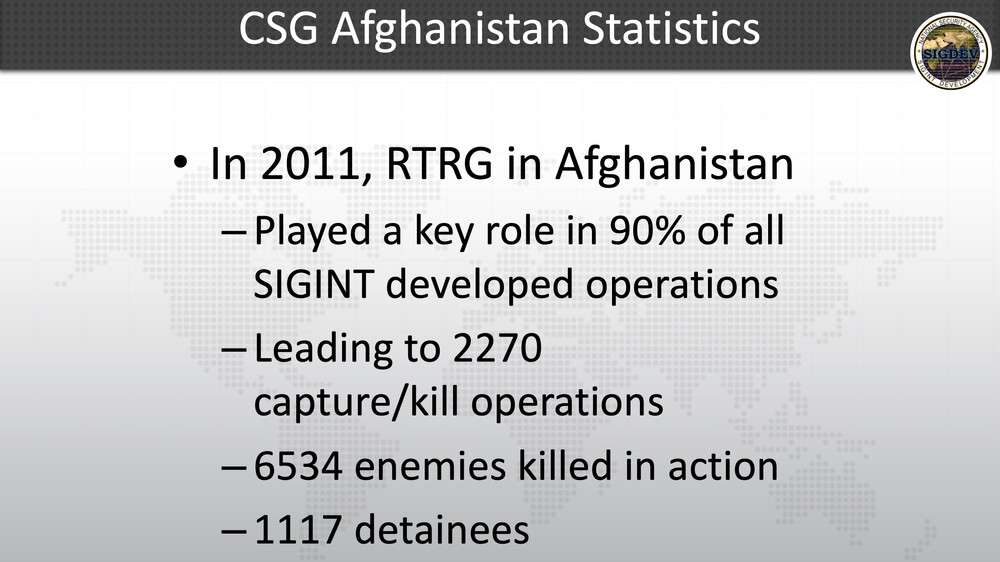
This gives reason to believe that the numbers from the UN are incredibly conservative estimates. When they refer to killed civilians, it is guaranteed that they include only those they are certain are non-combatants. There is reason to believe that the UN has by no means been able to investigate each death, and that a great number of poor people have had nobody follow up their cases.
Kristian Berg Harpviken at the Institute for Peace Studies (PRIO) is according to NRK one of the foremost Norwegian experts on Afghanistan and he says that many referred to the developments in Afghanistan as an industrialization of war. He says that there were raids carried out to kill Taliban commandos and fighters on an enormous scale. And he says that this had great consequences for the civilian population.
NRK also writes that the US periodical The Intercept has revealed the manner in which the wrong people were killed in drone strikes, because many of the key persons figured out how the US was operating and switched SIM cards with others to avoid detection. They write (emphasis ours):
The same periodical has documented the manner in which nearly nine of ten people killed in air attacks in a five-month long offensive in Northern Afghanistan were not genuine targets of the Americans [sic].
Another expert, Kate Clark, writes about how the wrong person could be put on such hit lists based on technical tele-data. She says that nobody knows how many such errors there were during the war and she had only studied one incident. She maintains that the quality of the intelligence was so poor and so superficial in the case that she studied that she fears there are many more errors that have been made.
Norwegian military intelligence has participated very actively in these hit lists and raids. They have delivered intelligence information in large degrees to the US and other allies. And Norway has implemented no controls on what the information can be used for, reports the Defense Minister of Norway to NRK. The Red Cross is particularly dissatisfied with this:
Red Cross claims Norway cannot refuse responsibility for its share of intelligence
https://www.nrk.no/norge/rode-kors-mener-norge-ikke-kan-fraskrive-seg-alt-ansvar-for-etterretningsdeling-1.14560408
On the other hand, the Norwegian intelligence service is not happy about NRK making reports on the question and says, among other things:
We do not wish to contribute to NRK’s publishing of material that may damage the intelligence agency’s ability to undertake statutory tasks. We request that NRK reconsider its project.
This can bring one to wonder how often the media takes the state’s wishes into consideration. It is a known issue that Norwegian media operates with a type of self-censorship, for instance by defending the royal family. That many journalists also wish to protect the «security of the kingdom» in several contexts must be expected. Nonetheless, the Snowden leaks and NRK have now revealed the methods used by the intelligence agency, described a technology one knows that Norwegian police have also used in Norway (for instance with fake base stations), and revealed a military strategy that places weight on liquidating leaders and commanders – by any and all means necessary. It is also interesting to note that they will often strike at night.
Nonetheless, we must underscore that surveillance and brutality are not enough to win a war. Just as we have seen in Vietnam and other colonial struggles, just as in the peoples’ war in Peru, brutality and assassinations notwithstanding, the guerrilla war can continue, develop itself, and expand its area of operation. Thousands of assassinations each year have certainly not eradicated the Taliban and other enemies of the US in Afghanistan.
The Godal committee wrote a report about Norway in Afghanistan between 2014 and 2016:
Study by a committee established by royal decree of 21 November 2014
https://www.regjeringen.no/contentassets/09faceca099c4b8bac85ca8495e12d2d/no/pdfs/nou201620160008000dddpdfs.pdf

This study was presented before the Foreign Affairs Department and the Defense Department on 6 June 2016. It begins with a summary, and the first sentence is as follows (emphasis ours):
After many years of international efforts, the situation in Afghanistan is disheartening. Militant Islamist groups still have a foothold in parts of the country, and the Taliban is stronger than it ever was since 2001. Acts of war undermine the basis for economic and social development, threaten any achieved results, and weaken the possibilities for building a stable, functioning state power on a democratic basis. Political and social changes initiated externally have had support among Afghan reform environments, but have met opposition among conservative, religious, and nationalist forces in addition to local authorities. In the big picture, Norway has not made any significant difference.
The report’s summary is also interesting in that it makes the state’s official goals for the war in Afghanistan clear:
Norwegian authorities have three main goals for the engagement in Afghanistan. These were presented as a struggle alongside the US and NATO, against international terror and for a better Afghanistan. The first and most important goal in the entire period was the alliance dimension; to support the US and to secure the relevance of NATO. Norway has been a good ally and to large degrees achieved the goal of support and relevance. The other goal was to participate in the international campaign against terrorism by preventing Afghanistan from again becoming a breeding ground for such terror. The «War on Terror» was controversial, and the goal was only been partially achieved. The third main goal was to participate in building a stable and democratic Afghan state through long-term advising and peace diplomacy. This goal has not been achieved.
It also underscores the value of Norway’s participation in diplomacy, special forces, and intelligence, and the main purpose of the mission; namely «the alliance dimension»:
Norway established early contact with the Taliban and contributed to influencing ideas regarding a negotiated resolution to the conflict. The contributions of the special forces and intelligence services were just as important as peace diplomacy for strengthening the relationship with the US.
The Norwegian bourgeois state follows the class interests of the Norwegian bourgeoisie. The Norwegian bourgeoisie has enormous capital and their business extends throughout the entire world. From Brazil to Nigeria, from the Philippines to Bangladesh, one can find Norwegian corporations in full bloom exploiting raw resources and poor people. But the Norwegian state and capital is nothing compared to the giant US, and has grown and strengthened itself in the alliance with Yankee-imperialism.
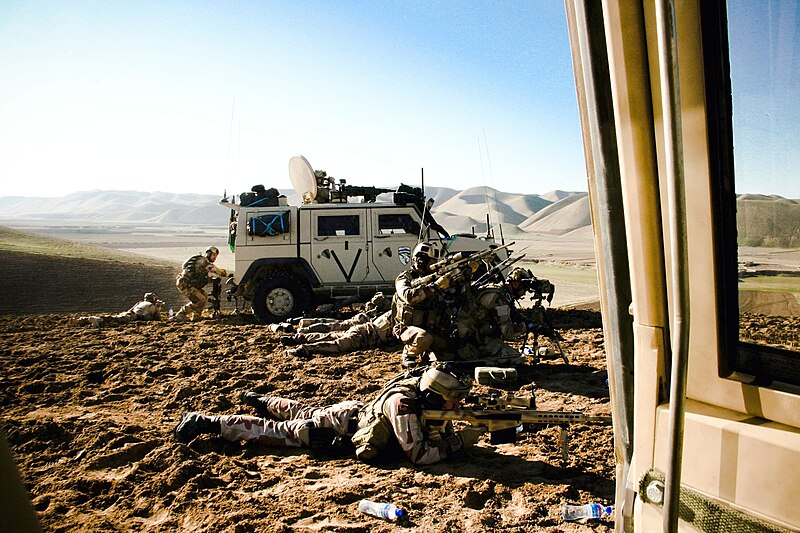
This is the background for the «alliance dimension». Imperialists compete and cooperate for the exploitation of the third world. In regards to the US, the main side is that Norwegian imperialism cooperates, particularly militarily. And peace talks and diplomacy do not by any means happen from a neutral standpoint, but from a position where Norway is among one of the US’s closest allies.
NRK’s revelations show some of the brutality in this system and the world agenda. Norwegian parliamentary decisions and legislation passed in the safest settings here in Norway become rockets launched against cars and machine gun fire against defenseless civilians on the ground, people who struggle against the occupation of their own country, or people who simply switched SIM cards with the wrong person…
Kjære leser!
Tjen Folket Media trenger din støtte. Vi får selvsagt ingen pressestøtte eller noen hjelp fra rike kapitalister slik som rasistiske “alternative medier”. All vår støtte kommer fra våre lesere og fra den revolusjonære bevegelsen. Vi er dypt takknemlige for dette. Vi overlever ikke uten, og du kan gjøre ditt bidrag ved å støtte oss med det du kan avse.
